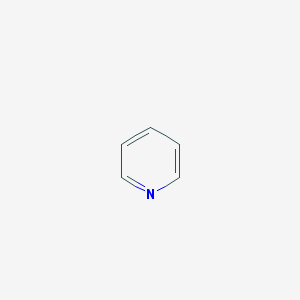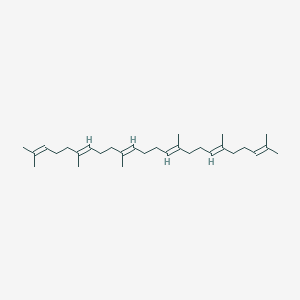-
Categories
-
Pharmaceutical Intermediates
-
Active Pharmaceutical Ingredients
-
Food Additives
- Industrial Coatings
- Agrochemicals
- Dyes and Pigments
- Surfactant
- Flavors and Fragrances
- Chemical Reagents
- Catalyst and Auxiliary
- Natural Products
- Inorganic Chemistry
-
Organic Chemistry
-
Biochemical Engineering
- Analytical Chemistry
- Cosmetic Ingredient
-
Pharmaceutical Intermediates
Promotion
ECHEMI Mall
Wholesale
Weekly Price
Exhibition
News
-
Trade Service
The results of the first internationally registered forward-looking, double-blind, randomized clinical research project, conducted by Professor Field, Director of Cardiology at the First Hospital affiliated with Harbin Medical University, and team members Jiang Yongxing and Dr. Fan Jingxuan, were published online October 1 in the Journal of International Cardiology. The results of the study confirm that acoustic dynamic therapy can quickly reduce the high level of inflammation in the limbs of patients with lower limb atherosclerosis, improve their functional performance, and is expected to benefit patients with intermittent lameness symptoms due to the durability and safety of efficacy.According to the introduction, lower limb atherosclerosis is one of the three major atherosclerosis diseases, intermittent lameness is its typical clinical manifestations, serious damage to walking ability at the same time, but also can lead to amputation or even death. How to deal with the intermittent lameness caused by arteriosclerosis in the lower extremities, the current drug treatment, sports rehabilitation measures and intervention methods have their limitations.At the same time, inflammation is seen as another important factor in intermittent lameness caused by atherosclerosis, following insufficient blood perfusion in the limb. Therefore, reducing systemic or lesions of local inflammation levels is essential to delay or even reverse arteriosclerosis in the lower extremities. As the most important inflammatory cell in atherosclerotic plaques, macrophages can regulate the progression or receding of atherosclerotic plaques by mediating inflammatory reactions. Experts speculate that anti-inflammatory therapies, which target macrophages in plaques, may offer a bright future for lameness treatment.Funded by a number of NSF projects, Professor Field and his team independently developed the "macrophage-targeted acoustic dynamic therapy" for the first time in the world, which combines acoustic agents with low-frequency low-intensity ultrasound, the former of which can be specifically devoured by macrophages in plaques, and the latter of which activates sound. Sensitivity agent produces reactive oxygen and can regulate reactive oxygen production, and then regulate macrophage apoptosis, autophagy or antioxidant ability, so as to play a role in inhibiting or reversing the progression of atherosclerotic plaques, with targeted, specific, regulatable, in-body, non-invasive and safe advantages and characteristics.Based on a large number of animal and cell trials, the team conducted the first prospective, phase II. phase, single-center, double-blind, randomized controlled clinical study of acoustic dynamic therapy against atherosclerosis, and its research program was registered in the U.S. clinical trial database.On the basis of the above results, the team will continue to conduct clinical trials of acoustic dynamic therapy for lower limb arteriosclerosis and cervical artery stenosis, further verify the effectiveness and safety of acoustic therapy by expanding the sample size, extending follow-up time, and using electron emission computer fault scanning, high-resolution magnetic resonance, ultrasound and other imaging and related functional tests, the field director said.
(Science and Technology Daily)







